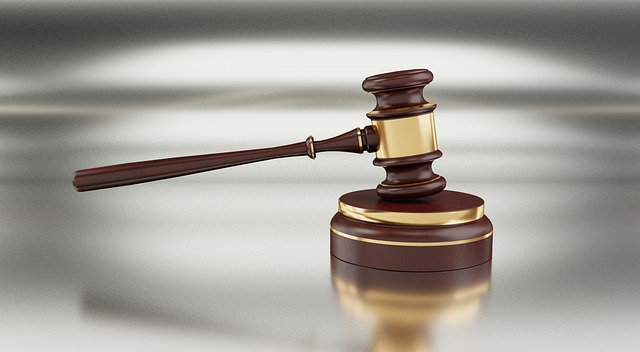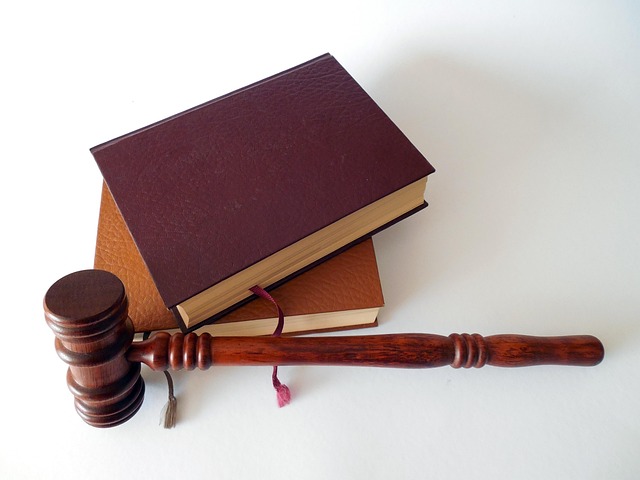In personal injury trials, witnesses are key as they provide firsthand accounts that shape the outcome. From victims and family members to experts, these individuals offer critical insights into events and damages. Their testimonies address crucial questions like what happened, who's at fault, and what losses occurred, adding context and credibility. This is especially important in cases like wrongful death where emotional impact matters. Different types of witnesses include eyewitnesses, expert witnesses, appraisers, and nurses. Preparing these witnesses involves strategic planning, gathering medical records, and practicing responses to opposing counsel's questions. Lawyers use tactics to challenge or verify accounts and highlight inconsistencies for a fair verdict.
In a personal injury trial, witnesses play a pivotal role in presenting the facts and determining liability. Understanding how witnesses contribute to these cases is essential for both plaintiffs and defendants alike. This article explores the crucial role of witnesses in personal injury trials, delving into different types of testimonies and strategies for preparing and cross-examining them effectively. By the end, you’ll grasp the art of leveraging witness evidence for maximum impact.
- Understanding the Witness's Role in Personal Injury Trials
- Types of Witnesses and Their Testimonies
- Preparing and Cross-Examining Witnesses for Maximum Impact
Understanding the Witness's Role in Personal Injury Trials

In a personal injury trial, witnesses play a pivotal role by providing firsthand accounts and testimony that help establish the facts of the case. These individuals can significantly impact the outcome, as their recollections and observations are crucial in reconstructing events leading up to and during the incident. Witnesses may include victims, family members, friends, experts, and professionals who were present or involved in some way. For instance, in cases involving nursing home neglect or caregiver abuse, staff members and residents can offer insights into the standard of care provided and any deviations that might have led to harm.
Understanding the witness’s role is essential in personal injury trials as their testimonies add credibility and context to the case. They help answer key questions: What transpired? Who was responsible? And what are the damages incurred? In cases like wrongful death, where a loved one’s passing results from another party’s negligence, witnesses can narrate the circumstances surrounding the incident, providing emotional impact and tangible evidence of loss, which are vital considerations in such sensitive matters.
Types of Witnesses and Their Testimonies

In a personal injury trial, witnesses play a pivotal role in presenting the facts and circumstances surrounding the incident. These individuals can be categorized into several types based on their connection to the case. For instance, eyewitnesses who actually witnessed the accident or harmful event are crucial for providing firsthand accounts. Expert witnesses, often specialists like doctors, engineers, or forensic analysts, offer specialized knowledge that helps the jury understand complex medical or scientific aspects of the case. In partnership disputes or real estate litigation, appraisers might testify regarding property damage or valuation, while nurses or care facility staff could be called to speak on nursing home abuse cases.
Each witness provides a unique perspective, contributing to the overall narrative. Their testimonies can either support or contradict the plaintiff’s or defendant’s arguments, making their reliability and credibility essential. In personal injury trials, where damages and liability are at stake, accurate recollections and impartial assessments from witnesses are indispensable for reaching a fair verdict. This is especially true in cases that involve subtle nuances, such as determining liability in auto accidents or assessing long-term effects of injuries in medical malpractice suits, which might include nursing home abuse or other healthcare settings.
Preparing and Cross-Examining Witnesses for Maximum Impact

Preparing witnesses for a personal injury trial is a meticulous process that demands strategic planning. It involves thoroughly understanding each witness’s role in relaying crucial details about the incident, its circumstances, and any resulting serious injuries. This includes gathering their medical records to confirm negligence and ensuring they can articulate their experiences coherently under cross-examination. A competent personal injury lawyer will assist witnesses in recollecting significant events, identifying key points, and practicing responses to anticipate and counter opposing counsel’s questions.
During cross-examination, witnesses are rigorously questioned to challenge their accounts. This is particularly vital when dealing with medical negligence claims where witness credibility can significantly sway the outcome of a case. A well-prepared personal injury lawyer will employ tactics to establish or refute specific details, highlight inconsistencies, and assess the reliability of testimonies. The goal is to weaken opposing arguments and reinforce the client’s position, ultimately enhancing the case’s overall strength in court.
In any personal injury trial, witnesses play a pivotal role by providing firsthand accounts that can significantly influence the outcome. By understanding the various types of witnesses and their testimonies, as well as effectively preparing and cross-examining them, legal professionals can maximize the impact of their evidence. This strategic approach ensures that every detail is scrutinized, enhancing the accuracy and fairness of the personal injury trial process.






